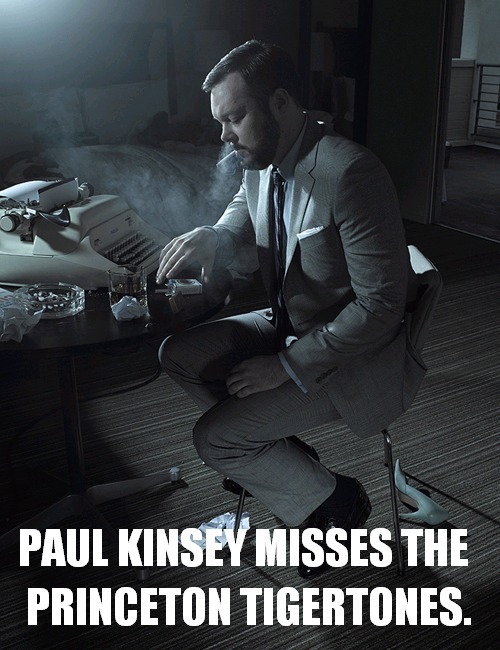The other night, Jake Adelstein appeared on "The Daily Show" to promote his new book about the Yakuza, Tokyo Vice. It certainly had me hooked: anything with Tokyo + a lurid noun will grab my attention. I disturbed myself, though, when I felt genuine excitement at a grisly tidbit he related during the interview. Adelstein mentioned that, due to stricter gun control laws, the Yakuza are turning more often to the samurai blades of old as an offensive weapon in power struggles. As an example, he spoke about a young gangster who had recently gotten his jaw cut off in the typically bubble gum Tokyo neighborhood of Shibuya.
My first reaction was "Awesome! It's just like a Kinji Fukasaku movie!" Then I had to remind myself that someone out there was actually feeling the physical pain and effects of having their jaw removed, and that's really not appropriate for another person to take pleasure in, no matter the criminal status of the victim. Then I promptly forgot about that and started thinking about how I would stage and shoot such a moment for maximum Fukasaku-tude. This is what too much exposure to the Battles Without Honor and Humanity series will do to you.
But really, it's the same reaction everyone has to driving by a car accident - the slowing down to see more, the dual reaction of "That's awful. I wonder if I can get closer." We're drawn to conflict provided it's not happening to us or anyone we care about. Whether we view it as practice for when the shit does go down in our own lives, or whether we're just an exquisitely fucked up species, we desperately want to poke at the horrible things that exist in this world without getting dirty ourselves.
Being a writer and filmmaker adds an extra dimension to it. When I hear a great true life story or an intriguing fact about murder and mayham, my creative side raises an eyebrow. I could be shaking my head at news of the latest terrorist attack somewhere in the world, bemoaning the pitiful state of humanity, all while my hands are busy taking notes on the details. "Christ, that's awful. There's no way I can make it play."
Moments of unsettling self-realization aside, I've generally made my peace with this darker aspect of human nature. If we didn't have it, all of our stories would be shallow and boring: "Tim goes to the bank to withdraw money, but it turns out he has less than he thought. After consulting with a financial advisor, he resolves to save more by cutting back on expenditures." We live that shit, we don't need to see it in our entertainment. And yet, I still think that no matter how fantastical your plot may be, it still needs realistic moments that can connect with people and their own experiences - the relationship between two characters, for example, or an ambitious plan coming to a more mundane, believable conclusion. It's a balancing act, as is everything in this life.



